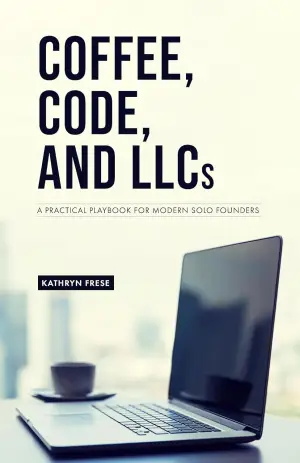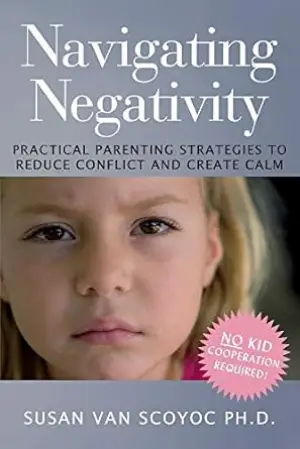Book Review: Raising Securely Attached Kids: Using Connection-Focused Parenting to Create Confidence, Empathy, and Resilience
When I first stumbled upon Raising Securely Attached Kids, I was drawn in by its promise of fostering deeper, more meaningful connections with our children. The journey of parenting can sometimes feel daunting, filled with conflicting advice and a constant rush to balance work, life, and everything in between. Enter Eli Harwood, a licensed therapist and attachment expert whose warmth and authenticity leap off the page. Her approach is as inviting as it is insightful, coaxing us, the parents, to reflect on our relationships with our children and ourselves.
In this compelling read, Harwood skillfully breaks down the complexities of attachment theory and its vital role in parenting. Her focus on "connection-focused parenting" offers a refreshing perspective, emphasizing the importance of emotional health and resilience. Throughout the book, she outlines practical strategies for fostering secure attachments and guides us to resolve our past patterns as caregivers. The reassurance that "it’s never too late to create a stronger bond with your children" resonates deeply, making the book feel like a personal pep talk, lending courage to those of us grappling with our parenting journeys.
One of my favorite aspects of Harwood’s writing is her ability to balance evidence-based research with an accessible, conversational tone. The stories she weaves are relatable, filled with humorous anecdotes and poignant moments that remind us we’re not alone in our struggles. Throughout the chapters, I found myself nodding along, laughing at her real-life examples, and frequently pondering the thought-provoking exercises she lays out. One memorable quote that truly encapsulates her approach is, “Choose connection over control.” It struck a chord with me, pushing me to rethink my own interactions with my kids during challenging moments.
The pacing of the book feels just right; each chapter flows naturally into the next, wrapping up with practical tools, scripts, and fostering exercises that empower you to act. It’s this commitment to actionable advice grounded in warmth and compassion that sets Harwood apart.
This book isn’t just for parents; it’s for anyone involved with children — educators, caregivers, and relatives alike. Whether you’re raising toddlers, navigating the tumultuous teenage years, or even reflecting on adult relationships with your own kids, Raising Securely Attached Kids offers a thorough, heartening guide filled with wisdom and tender encouragement.
As I closed the book, I felt a renewed sense of hope and clarity. Harwood’s teachings linger like a gentle whisper, reminding us that building secure, trusting relationships is a journey worth embarking on. If you’re curious about understanding attachment style and harnessing it for positive change in your parenting, this book deserves a spot on your shelf. You’ll find not just a roadmap for raising confident and empathetic children, but a heartfelt companion that speaks directly to the challenges and joys of being a parent.







